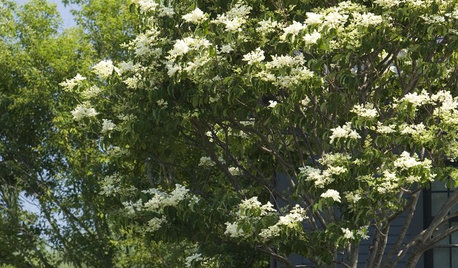Question about rooting hormone
CorpsmanCooper
12 years ago
Featured Answer
Comments (15)
bikerdoc5968 Z6 SE MI
12 years agogreenman28 NorCal 7b/8a
12 years agoRelated Professionals
Anderson Landscape Contractors · Ringwood Landscape Contractors · Wilton Landscape Contractors · Winchester Landscape Contractors · Silver Firs Landscape Contractors · San Pablo Landscape Contractors · Athens General Contractors · Bay Shore General Contractors · Kailua Kona General Contractors · Pinewood General Contractors · Seal Beach General Contractors · Plainfield Carpenters · Auburn Decks, Patios & Outdoor Enclosures · Greendale Decks, Patios & Outdoor Enclosures · Little Rock Decks, Patios & Outdoor Enclosurespirate_girl
12 years agocactusmcharris, interior BC Z4/5
12 years agoCorpsmanCooper
12 years agotapla (mid-Michigan, USDA z5b-6a)
12 years agoamccour
12 years agoladylotus
12 years agokaryn1
12 years agocactusmcharris, interior BC Z4/5
12 years agoamanzed
12 years agoIHeartDiscGolf
9 years agocactusmcharris, interior BC Z4/5
9 years agoMaria Elena (Caribbean - USDA Zone 13a)
9 years ago
Related Stories

ORGANIZINGPre-Storage Checklist: 10 Questions to Ask Yourself Before You Store
Wait, stop. Do you really need to keep that item you’re about to put into storage?
Full Story
GREEN BUILDINGConsidering Concrete Floors? 3 Green-Minded Questions to Ask
Learn what’s in your concrete and about sustainability to make a healthy choice for your home and the earth
Full Story
ARCHITECTURERoots of Style: Where Did Your House Get Its Look?
Explore the role of architectural fashions in current designs through 5 home styles that bridge past and present
Full Story
TRADITIONAL ARCHITECTURERoots of Style: Italianate Architecture Romances the U.S.
With its towers, cornice details and more, Italianate homes have been enchanting Americans since the 19th-century romantic era
Full Story
TRADITIONAL ARCHITECTURERoots of Style: Château Architecture Strides Through a Century
Live like a lord with design details that recall French estates of old, even if they're scaled down and updated for today
Full Story
MODERN HOMESHouzz Tour: A Modern Home Rooted in Its Place
It's partially buried in the earth, but with a cantilevered roof and strong colors, this Ottawa home is anything but shy
Full Story
GARDENING GUIDESNo-Regret Plants: 5 Questions Smart Shoppers Ask
Quit wasting money and time at the garden center. This checklist will ensure that the plants you're eyeing will stick around in your yard
Full Story
ARCHITECTURERoots of Style: Do You Live in a Minimalist Traditional House?
Cottages, bungalows, farmhouses ... whatever you call them, houses in this style share several characteristics. See how many your house has
Full Story
ARCHITECTURERoots of Style: Ranch Architecture Roams Across the U.S.
Great remodeling potential and generously spaced sites make ranch homes ever popular. Is one of the many variations right for you?
Full Story
FEEL-GOOD HOMEThe Question That Can Make You Love Your Home More
Change your relationship with your house for the better by focusing on the answer to something designers often ask
Full Story









bikerdoc5968 Z6 SE MI